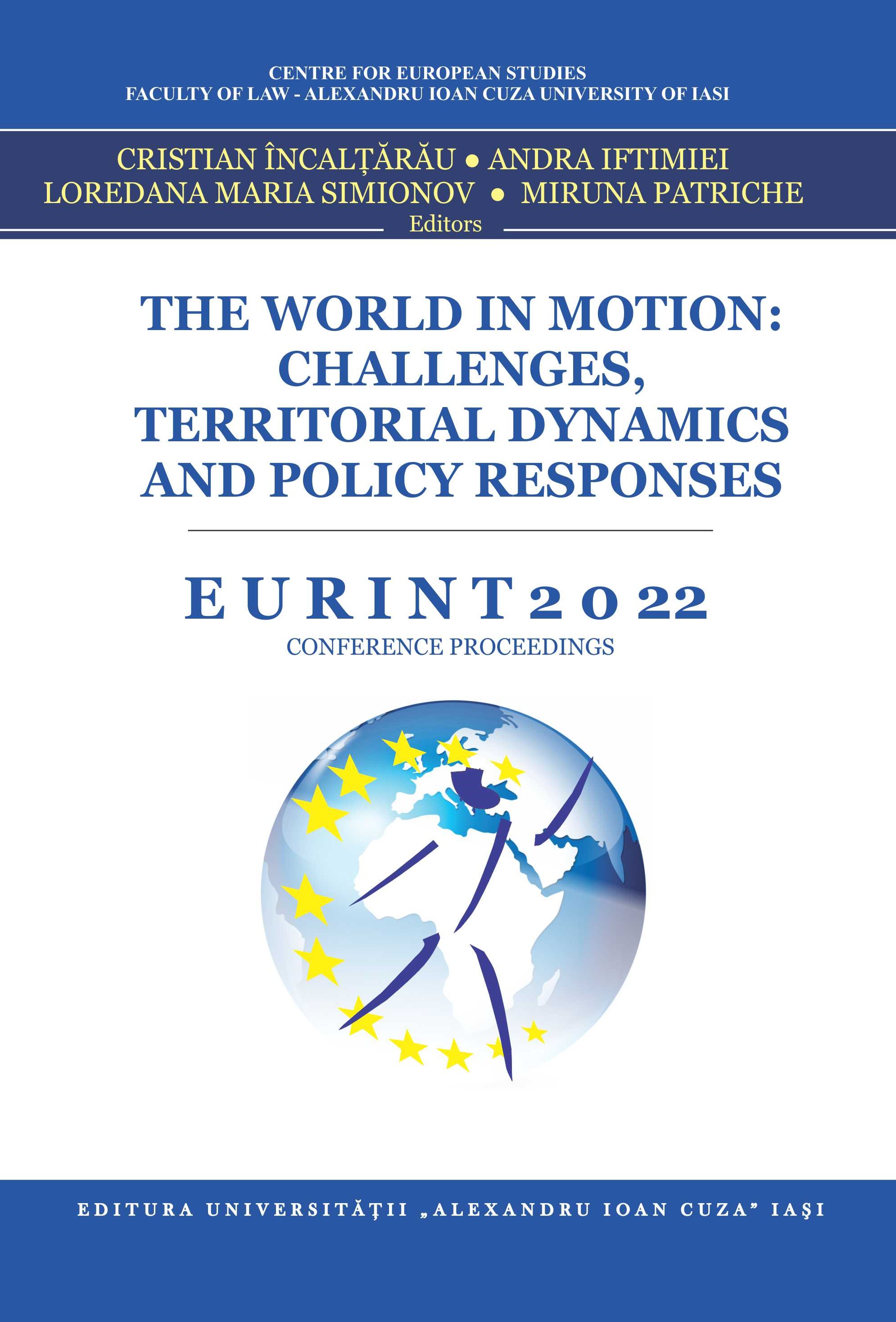DEFINITION AND IMPLICATIONS OF AGGRESSION IN INTERNATIONAL LAW
DEFINITION AND IMPLICATIONS OF AGGRESSION IN INTERNATIONAL LAW
Author(s): Carmen MoldovanSubject(s): Law, Constitution, Jurisprudence, History of Law, International Law, Public Law, EU-Legislation, Peace and Conflict Studies
Published by: Editura Universităţii »Alexandru Ioan Cuza« din Iaşi
Keywords: prohibition of the use of force; international responsibility; international jurisdiction;
Summary/Abstract: The military invasion by the Russian Federation in Ukraine does not leave any space for nuances as it is a violation of an essential principle of International Law, namely the prohibition of the use of force. This basic rule is enshrined in Article 2 para 4 of the Charter of the United Nations and it constitutes one of its main objectives, as well. However, the Charter does not provide a definition of the act of aggression, which was given in 1974 by the General Assembly in its Resolution no. 3314 and served as an inspiration source in defining the crime of aggression by the Kampala Amendments to the Rome Statute of the International Criminal Court. The aim of this paper is to analyse the elements of aggression as an internationally wrongful act which trigger the international responsibility of a State and to draw distinctions from the elements of the crime of aggression which trigger the individual responsibility.
Journal: EURINT
- Issue Year: 9/2022
- Issue No: 1
- Page Range: 166-180
- Page Count: 15
- Language: English

